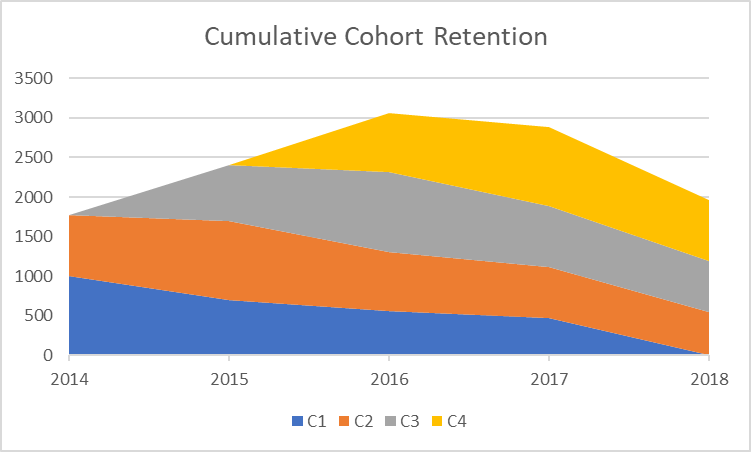Optics are important. Even decisions made with hearts and intentions decidedly in the right place can convey the wrong message. It’s important for leaders to follow their own rules if they expect others to abide by them. Nothing creates a stir like perceived favoritism or unequal treatment.
We’ve all been there. A known policy is on the books, but for some, it’s not enforced. Navigating that type of situation is sticky at best, but left uncorrected, it can create issues of mistrust within an organization.
Leaders in higher education are tasked with writing procedures and policies that help the institutions they serve function efficiently. After painstaking revision and review, policies are presented for board approval and then, ideally, put into practice and followed by everyone. This process can work well, but leaders who make a habit of bending the rules they worked so hard to establish can create optics problems, internally and outwardly.
In order for any organization to move forward, it’s important to have a standard set of operating procedures that employees at all levels should adhere to and respect. When rules are skirted to accommodate some, but strictly enforced for others, what may seem like a simple favor could damage an entire department. Leaders should especially be aware of how their actions might create an unwanted ripple effect.
If colleges want to be respected and admired for transparent and efficient operation, then their leaders should be expected to follow the established rules. Avoid damaging optics by sticking to the established policies and expecting others to do the same.




